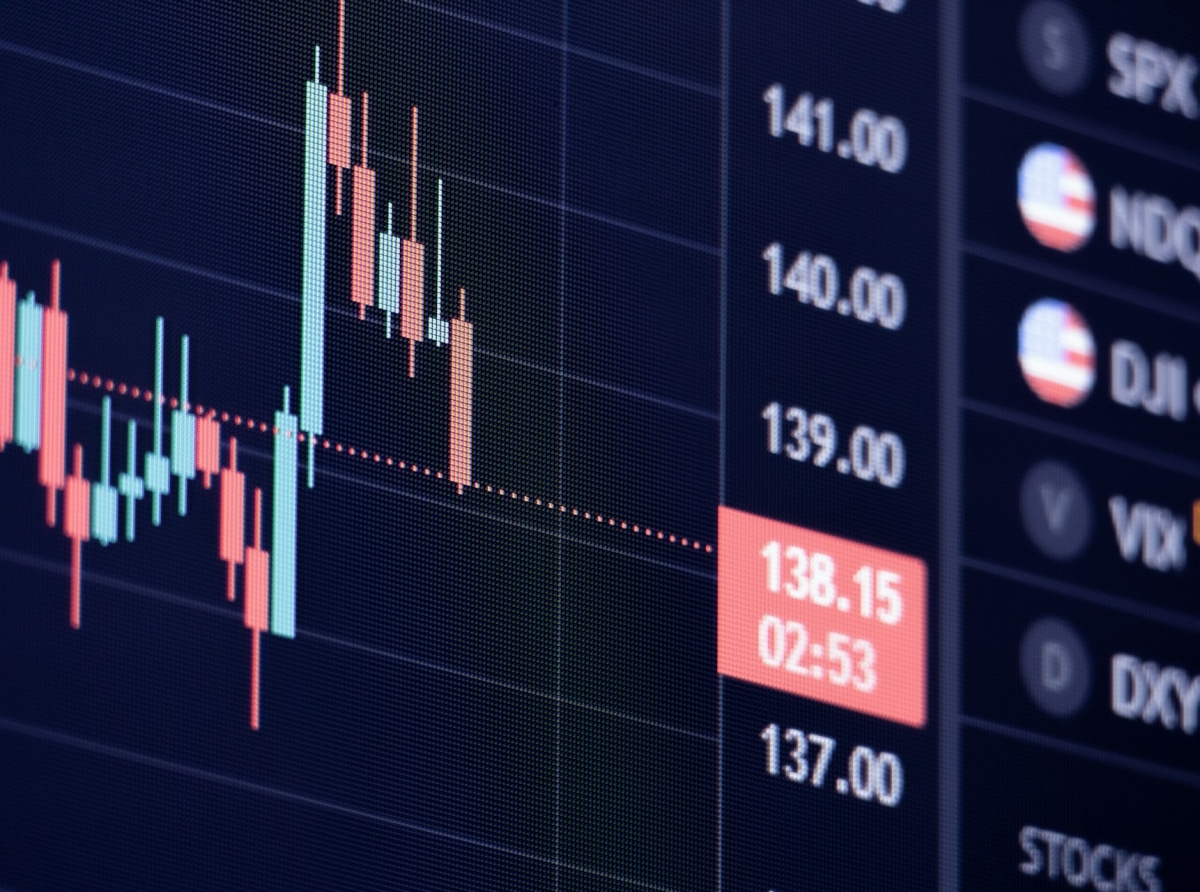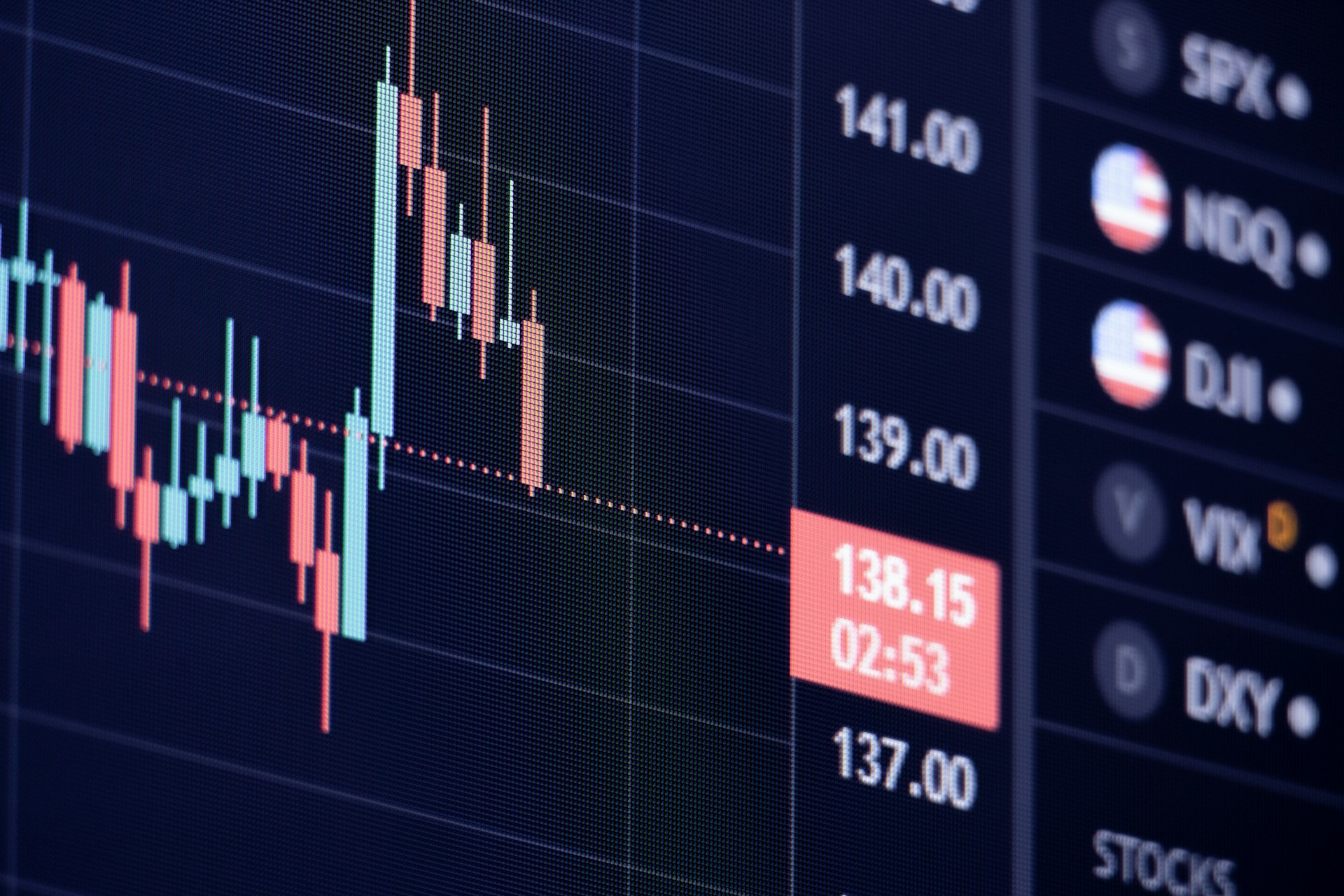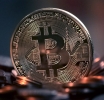
Why Economists Often Fail as Traders
Economists are often regarded as experts in understanding financial markets, economic trends, and macroeconomic forces. Armed with advanced degrees, sophisticated models, and a deep knowledge of global economies, they seem like natural candidates for success in trading.
However, the reality is that many economists struggle to translate their theoretical expertise into profitable trading outcomes.
This paradox raises an important question: Why do individuals who excel in analyzing economies often falter when it comes to executing trades?
In this article, we explore the reasons behind this disconnect and offer insights into how economists can bridge the gap between theory and practice.
However, the reality is that many economists struggle to translate their theoretical expertise into profitable trading outcomes.
This paradox raises an important question: Why do individuals who excel in analyzing economies often falter when it comes to executing trades?
In this article, we explore the reasons behind this disconnect and offer insights into how economists can bridge the gap between theory and practice.

Why Economists Often Fail as Traders
The Economist's Advantage: A Strong Foundation
Before diving into the challenges economists face as traders, it’s important to acknowledge the strengths they bring to the table:Deep Understanding of Economic Indicators:
Economists are adept at interpreting data such as GDP growth rates, inflation figures, unemployment statistics, and interest rate decisions. These indicators provide valuable insights into market trends and potential currency movements.
Macroeconomic Perspective:
Unlike retail traders who may focus on short-term price fluctuations, economists often take a broader view of the market. They understand how geopolitical events, central bank policies, and global trade dynamics influence asset prices over time.
Analytical Skills:
Economists are trained to analyze complex systems, identify patterns, and make predictions based on historical data. These skills are invaluable for developing trading strategies rooted in logic and evidence.
Despite these advantages, many economists find themselves struggling to succeed in the fast-paced, emotionally charged world of trading.
Below, we examine the key reasons for this disconnect.
Reason 1: Overreliance on Theoretical Models
One of the biggest pitfalls for economists transitioning to trading is their reliance on theoretical models. While economic theories provide a framework for understanding how markets should behave, real-world trading is far messier and less predictable.
The Limitations of Economic Models
Economic models are built on assumptions that simplify reality. For example:Markets are assumed to be efficient.
Participants are assumed to act rationally.
External shocks are often excluded or underestimated.
In practice, however, financial markets are driven by human emotions—fear, greed, panic, and euphoria—that defy rational behavior. A sudden tweet from a world leader, unexpected earnings reports, or algorithmic trading can cause dramatic price swings that no model could foresee.
Case Study: The 2008 Financial Crisis
During the 2008 financial crisis, many economists failed to anticipate the collapse of the housing market because their models didn’t account for systemic risks or the interconnectedness of financial institutions. Similarly, traders relying solely on economic forecasts missed opportunities to capitalize on volatility during this period.
Reason 2: Ignoring Market Psychology
Successful trading requires more than just an understanding of numbers; it demands an appreciation of market psychology. Economists, however, often overlook the emotional and behavioral aspects of trading.
Emotions Drive Short-Term Movements
While economists focus on long-term trends, short-term price movements are heavily influenced by sentiment. For instance:
Fear of recession might drive investors to flock to safe-haven assets like gold or the Japanese yen, regardless of underlying fundamentals.
Speculative bubbles can persist even when valuations appear irrational.
Traders who fail to recognize these psychological factors risk making poor decisions. An economist might see a stock as undervalued based on fundamental analysis but fail to exit a losing position due to emotional attachment or denial.
Behavioral Biases
Even highly educated individuals are susceptible to cognitive biases such as:
Overconfidence Bias: Believing one’s analysis is infallible.
Confirmation Bias: Seeking information that supports pre-existing beliefs while ignoring contradictory evidence.
Loss Aversion: Holding onto losing trades too long in hopes of breaking even.
These biases can lead to costly mistakes, especially in leveraged markets where small errors can result in significant losses.
Reason 3: Lack of Practical Trading Experience
Understanding economics is not the same as executing trades. Many economists enter the trading arena without practical experience, leading to several common pitfalls:
Unrealistic Expectations
Economists may assume that their knowledge will immediately translate into profits. However, trading involves trial and error, requiring time to develop effective strategies and refine decision-making processes.
Poor Risk Management
Risk management is critical to survival in trading, yet many economists underestimate its importance. Without proper stop-loss orders, position sizing, and diversification, even accurate predictions can lead to losses if risk isn’t managed effectively.
Inability to Adapt Quickly
Markets move rapidly, and successful traders must adapt to changing conditions. Economists accustomed to conducting thorough analyses before making decisions may struggle with the need for quick, decisive action in volatile environments.
Reason 4: Misalignment of Time Horizons
Economists typically operate on longer time horizons, focusing on quarterly or annual trends. Traders, on the other hand, often deal with intraday or weekly price movements. This mismatch can create frustration and inefficiency.
Day Trading vs. Long-Term Investing
For example, an economist might predict that a currency will strengthen over the next six months due to anticipated interest rate hikes. However, in the short term, the currency could weaken due to negative news flow or speculative selling. Traders who ignore short-term fluctuations risk being stopped out before their thesis plays out.
Patience vs. Agility
While patience is a virtue in long-term investing, agility is crucial in trading. Economists who wait too long for “perfect” setups may miss fleeting opportunities, while those who jump into trades prematurely may incur unnecessary losses.
How Economists Can Improve Their Trading Performance
Despite the challenges outlined above, economists have the potential to become successful traders if they address their weaknesses and leverage their strengths. Here are some actionable tips:1. Learn Technical Analysis
While economic fundamentals matter, technical analysis provides insights into market sentiment and price action. Tools like support/resistance levels, moving averages, and candlestick patterns can complement economic analysis and improve timing.
2. Develop a Trading Plan
A well-defined trading plan outlines entry and exit points, risk-reward ratios, and position sizes. It helps eliminate guesswork and ensures consistency in decision-making.
3. Embrace Simulated Trading
Before risking real capital, economists should practice using demo accounts or paper trading platforms. This allows them to test strategies and build confidence without financial consequences.
4. Focus on Risk Management
Prioritize preserving capital over chasing profits. Use stop-loss orders, limit leverage, and avoid overexposing yourself to any single trade or asset class.
5. Stay Humble and Open-Minded
Acknowledge that markets are unpredictable and that no strategy works all the time. Be willing to learn from mistakes and adjust your approach as needed.
6. Combine Macro and Micro Perspectives
Integrate top-down macroeconomic analysis with bottom-up technical insights. For example, use economic data to identify long-term trends while employing technical indicators to fine-tune entries and exits.
Conclusion
Economists possess a wealth of knowledge that can enhance their trading performance—if applied correctly. However, the transition from academic analysis to active trading requires overcoming several hurdles, including overreliance on theory, neglect of market psychology, and lack of practical experience.
Economists possess a wealth of knowledge that can enhance their trading performance—if applied correctly. However, the transition from academic analysis to active trading requires overcoming several hurdles, including overreliance on theory, neglect of market psychology, and lack of practical experience.
By embracing technical analysis, prioritizing risk management, and adopting a flexible mindset, economists can bridge the gap between theory and practice. Success in trading isn’t about having all the answers; it’s about adapting to uncertainty and continuously improving your craft. With discipline and perseverance, economists can harness their unique skill set to thrive in the dynamic world of financial markets.









Report
My comments